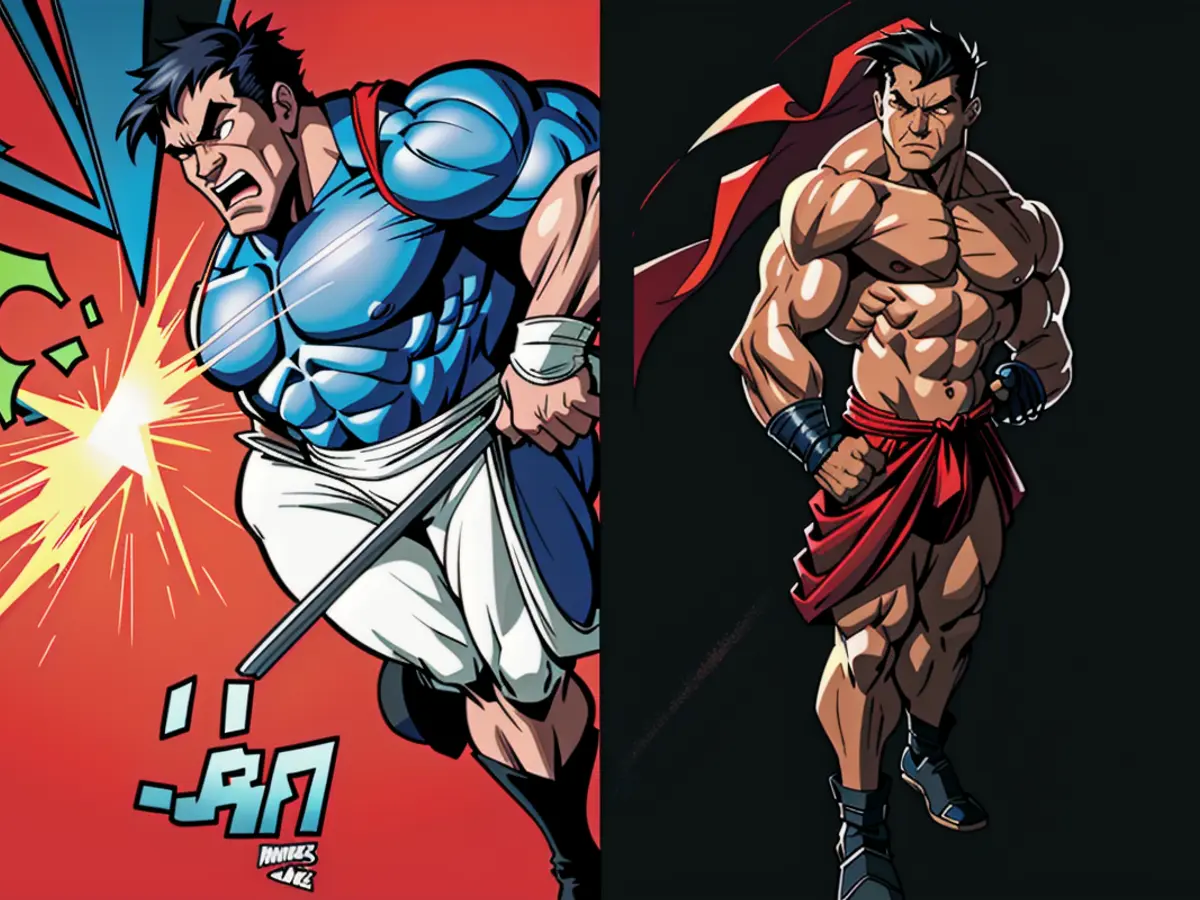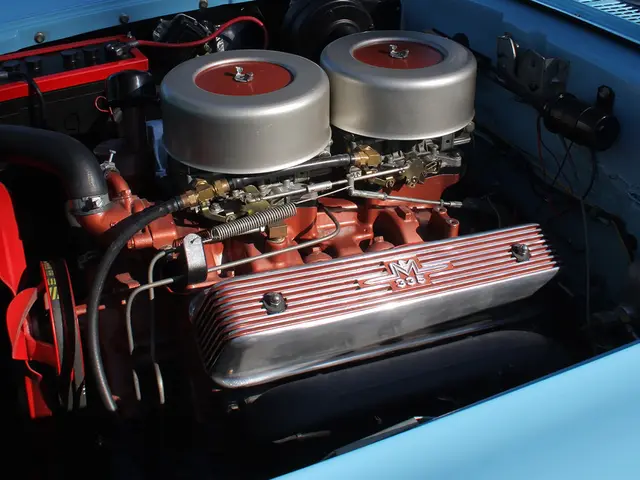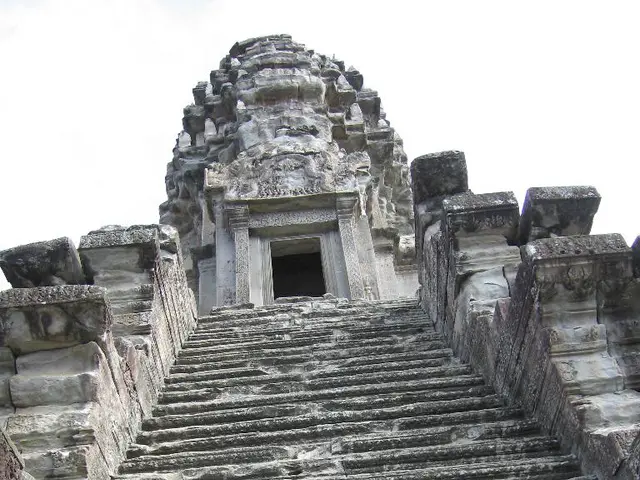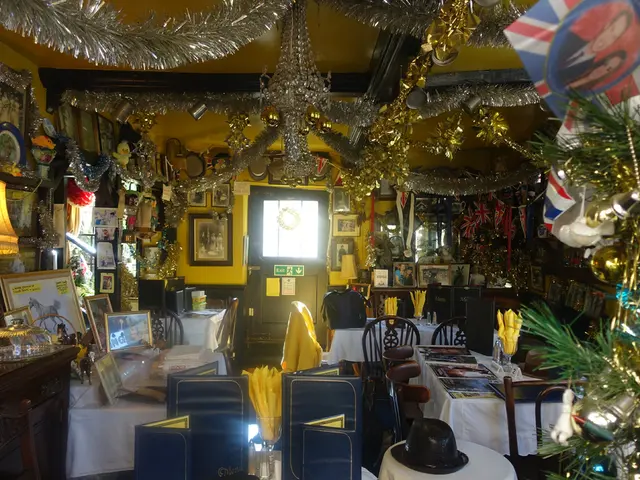Unraveling Sabra's Controversial Journey as Marvel's Israeli Superhero
In the 85-year-old Marvel Comics universe, superhero nationalism has been a recurring theme, with flag-bearing heroes representing a diverse range of world powers. Among these, Sabra, the national hero of Israel, has proven to be a complex and contentious figure.
Originally introduced by Bill Mantlo and Sal Buscema in The Incredible Hulk #256, Sabra, also known as Ruth Bat-Seraph, was named after a local fruit and a slang term for an Israeli native. Born into a comics industry heavily influenced by Jewish creatives, Sabra remains a rare Jewish Marvel character, particularly as one of the few hailing from Israel. Following her debut, Sabra was retconned to be a mutant, lending her an additional identity that often overshadowed her religious and ethnic background or historical relationship with her government.
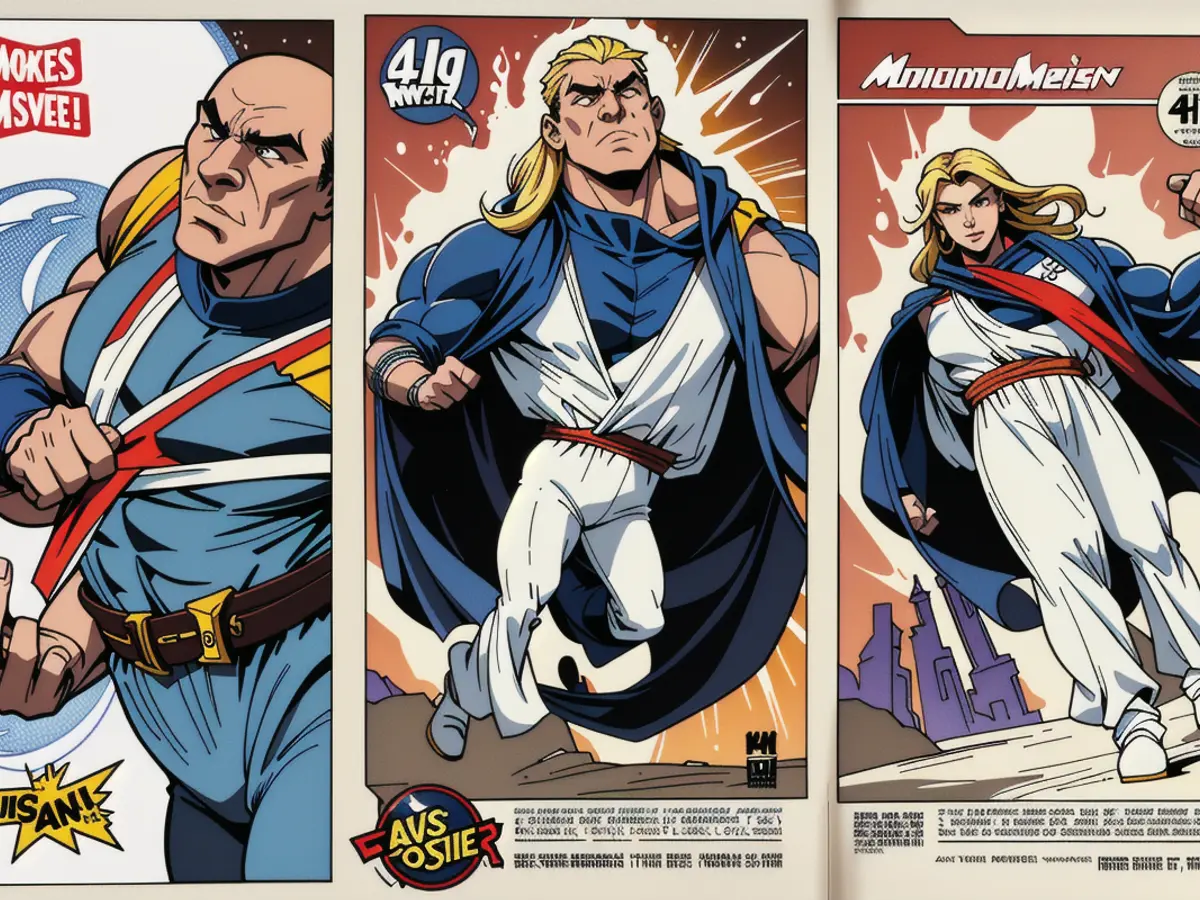
The latter aspect, in particular, has posed challenges for Sabra, given her explicit connection to the Israeli intelligence agency, the Mossad. Despite appearing as a superhero, Sabra's background as an Mossad agent has made her a polarizing character, especially in relation to Israel's conflicts with Palestine. Early Sabra stories, such as her debut issue, often addressed Israeli-Palestinian relations, with her initial portrayal showcasing her struggle in seeing Palestinians as human beings.
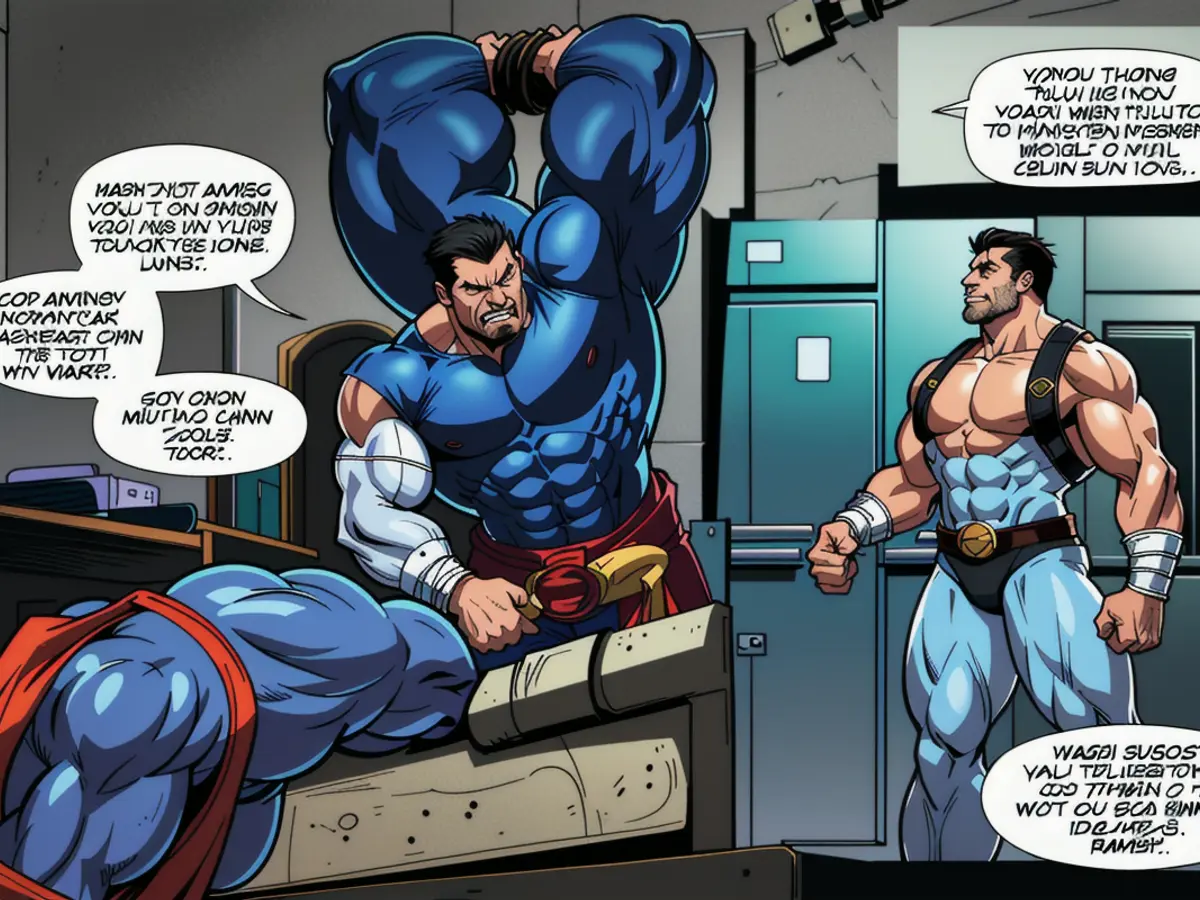
As years passed, Sabra's work for the Israeli government and her support for its actions became more pronounced, sparking controversy and further pushing her to the fringes of Marvel Comics appearances. However, Sabra's adherence to her national government and its ideals is what sets her apart from other national superheroes, many of whom often rebel against their nations' governing bodies likewise.
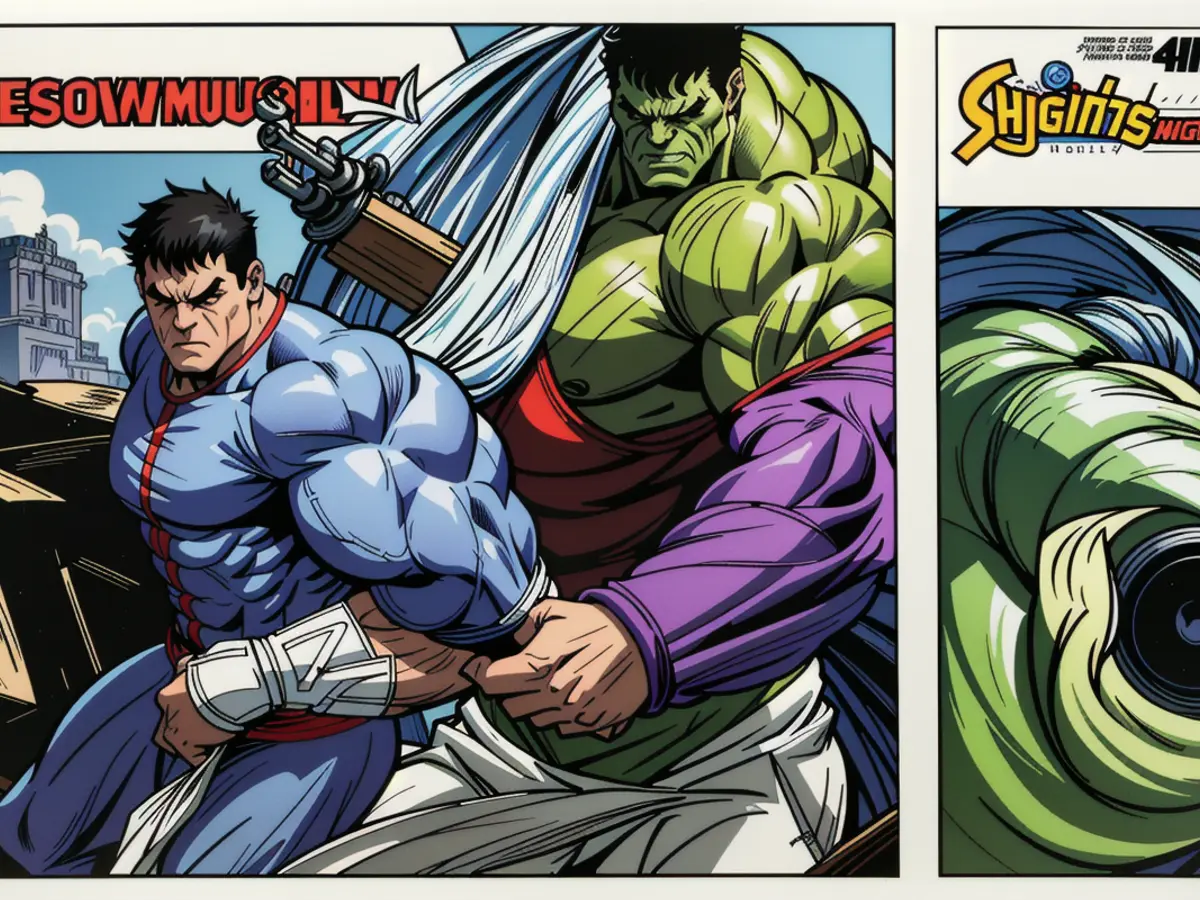
Notably, the Red Guardian, as Russia's answer to Captain America and born during the geopolitical tensions of the Cold War, has been frequently portrayed as an antithesis of Captain America. In contrast, Sabra's narrative has largely been absent of similar negative connotations.
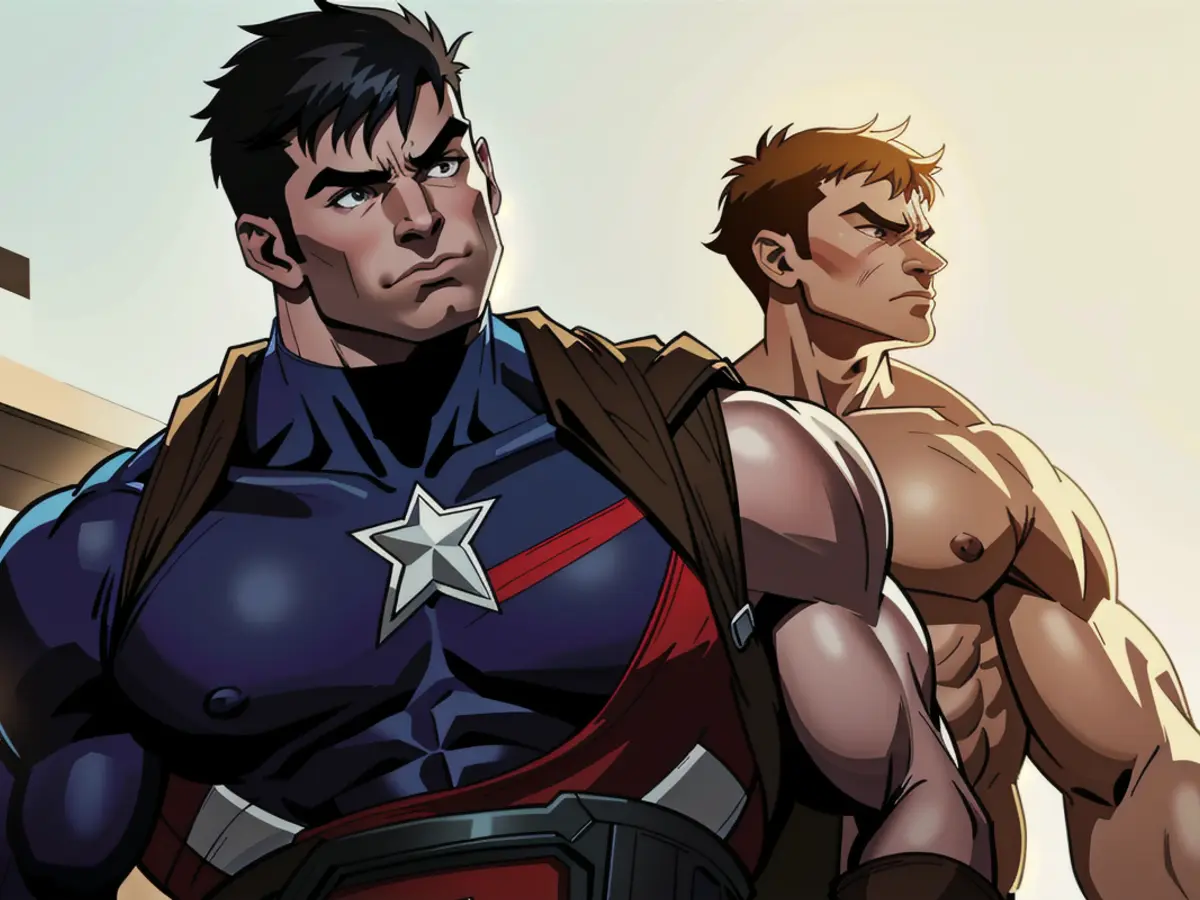
Upon arriving in the Marvel Cinematic Universe (MCU) at a tumultuous geopolitical moment, Sabra's portrayal has undergone considerable changes to mitigate backlash. Gone are her original Star of David costume, mutant identity, and Mossad ties. Instead, she takes on a new appearance as an American government agent with a unique perspective on her political leaders.
As Sabra's story continues to unfold in Captain America: Brave New World, a reckoning with her past and potential impact on present and future events feels as crucial as it is uncertain. The character's controversial and evolving background continues to make her an important, albeit divisive, figure in the Marvel Comics universe.
Moving forward in the Marvel Comics universe, potential technological advancements could shape Sabra's role as a superhero, offering new possibilities for her character development. Furthermore, in the ongoing discourse around superheroes and their national affiliations, Sabra's complex relationship with Israel remains a topic of interest for IO9's readers and critics alike.
